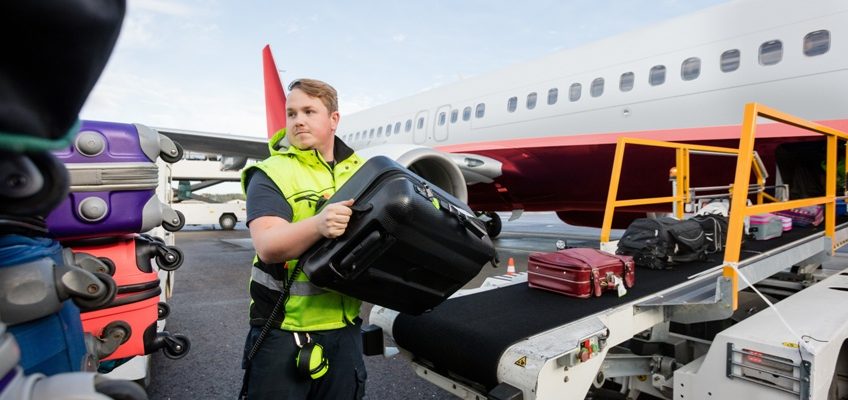If you’re well travelled, chances are your baggage has taken a battering during transit.
Sometimes it’s just minor scuffing and scratching but what happens when your suitcase arrives on the luggage carousel with a broken back or torn to shreds?
Compensation for damage sustained to baggage while in the custody of an airline is largely governed by the Montreal Convention. Without getting too technical, the Montreal Convention is a multilateral treaty adopted in 1999 by member states of the International Civil Aviation Organization (a specialised agency of the United Nations). As at September 2018, there are 133 parties to the Convention, including Australia. The Montreal Convention relates to international air travel. It governs carrier liability and sets rules of compensation for death / injury to passengers, travel disruptions and loss / damage to baggage and cargo.
Article 17 of the Convention states that the carrier is liable for destruction, loss of or damage to checked baggage whilst it is in their custody. This applies equally to checked and unchecked luggage. There is one qualification though relating to non-checked baggage – in this case, the carrier is only liable if the loss or damage is their fault. This does not apply to checked luggage – if it is damaged or lost while in the airline’s custody, they are liable to compensate you.
Article 22 sets down the maximum amount of compensation available to the passenger in the event of loss or damage. Currently, the maximum compensation is 1,131 Special Drawings Rights for each passenger.
Special Drawing Rights (SDR) is a fluctuating index based on a number of international currencies (US Dollars, Euro, Chinese Renminbi, Japanese Yen and British Pound Sterling). It is a form of “international money” created by the International Monetary Fund in 1969.
As a weighted average, it is subject to currency fluctuation but generally speaking 1,131 SDR equate to roughly AU$2,000. So, this is the absolute upper limit of compensation you can expect to receive from an airline if they lose, destroy or damage your baggage while it is in their custody. The Convention also dictates that if you want to take your case down a legal route, any damages whether they be punitive, exemplary or otherwise are not recoverable from the airline.
Whilst most airlines are bound by the Montreal Convention, some airlines also address liability for loss, damage or destruction to baggage in their Conditions of Carriage. For instance, most will state that they are not liable for general wear and tear (eg scratches, dirt and stains). Others also exclude liability for loss of padlocks, security straps and name tags.
So what do you need to do?
If your bag doesn’t arrive or is damaged when recovered from the baggage carousel, the first thing you should do is report the loss or damage to the airline ground staff.
Take a photograph of the damage too – again preferably before you leave the airport.
It is always best to photographically record and report the damage (or loss) at the airport because then there can be no argument as to where or when the loss or damage occurred. If you can’t report the loss or damage at the airport, contact the airline as soon as you can to notify them.
Under the Convention, a passenger has only 7 days to report damage to baggage while in the custody of the airline, so don’t wait until it’s too late. If the damage is reported more than 7 days after the damage was sustained, the Convention absolves the carrier of any liability. With specific reference to lost luggage, if not found within 21 days, a bag is deemed to be “permanently lost” and they are liable to compensate you on this basis even if it turns up at a later date.
Bear in mind that under the Convention, any complaint about loss or damage to baggage needs to be made in writing. Also, the airline is within its rights to request evidence to prove loss, damage and value of items in assessing your claim for compensation.
Don’t forget too that travel insurance usually responds to claims for loss or damage to property in transit – there are some exclusions though so best to check with your chosen provider.
Got questions? Why not call us on 1300 819 888 or send us an email info@goinsurance.com.au


